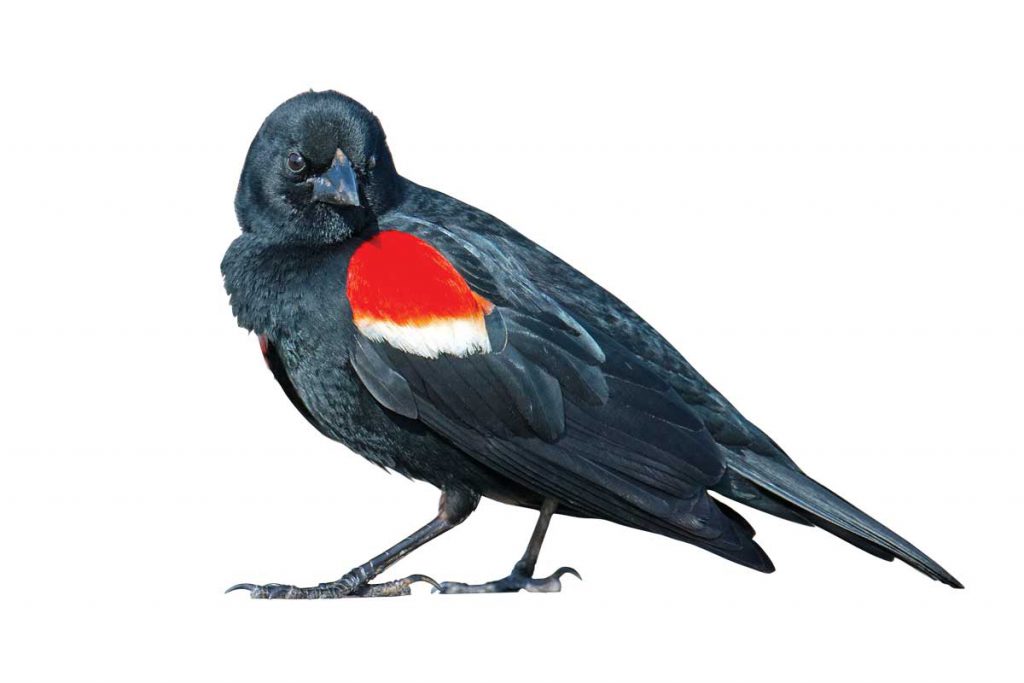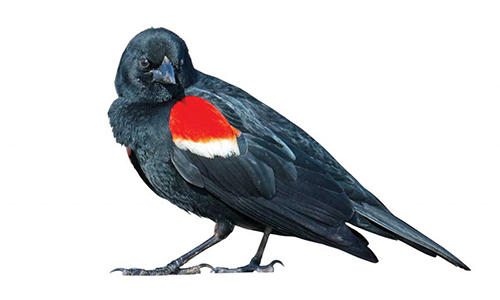A Rude Awakening and Call to Action
"These bird losses are a strong signal that our human-altered landscapes are losing their ability to support birdlife."
–Ken Rosenberg, Cornell’s conservation scientist
 One of us visited the heart of the Soviet Union during its latter days and was struck by the absence of birds in general, and certainly the absence of avian variety. Among the major differences between the USSR and North America was the lack of proven, sensible environmental laws and regulations governing such things as pesticides, hedgerow preservation, and land use in the Soviet Union. This fall, scientists at the Cornell Lab of Ornithology spearheaded a sobering report, “Decline of the North American Avifauna,” Science, DOI: 10.1126/science.aaw1313 (2019), that forces us to moderate our pride in environmental regulations at home. The 11 authors, from government agencies and NGOs across the US and Canada, analyzed data collected over 50 years from a suite of A Rude Awakening and Call to Action governmental and citizen science programs. They found that the number of birds in North America has declined by nearly one third, or a loss of 2.9 billion birds, since 1970. According to Cornell’s conservation scientist, Ken Rosenberg, “These bird losses are a strong signal that our human-altered landscapes are losing their ability to support birdlife.”
One of us visited the heart of the Soviet Union during its latter days and was struck by the absence of birds in general, and certainly the absence of avian variety. Among the major differences between the USSR and North America was the lack of proven, sensible environmental laws and regulations governing such things as pesticides, hedgerow preservation, and land use in the Soviet Union. This fall, scientists at the Cornell Lab of Ornithology spearheaded a sobering report, “Decline of the North American Avifauna,” Science, DOI: 10.1126/science.aaw1313 (2019), that forces us to moderate our pride in environmental regulations at home. The 11 authors, from government agencies and NGOs across the US and Canada, analyzed data collected over 50 years from a suite of A Rude Awakening and Call to Action governmental and citizen science programs. They found that the number of birds in North America has declined by nearly one third, or a loss of 2.9 billion birds, since 1970. According to Cornell’s conservation scientist, Ken Rosenberg, “These bird losses are a strong signal that our human-altered landscapes are losing their ability to support birdlife.”
The study raises at least two important questions of interest to those of us who live in the Connecticut River Watershed: First, which of our local birds are declining in number? The study says that grassland birds such as bobolinks have declined by more than 50%, and that more than 90% of the bird losses are from just twelve bird families such as sparrows, finches, and swallows. Redwinged Blackbirds, abundant within the CT River Valley, have declined on the North American continent from 260 million 50 years ago to 170 million today.
In terms of what each of us non-farmers can do to stem this decline, we should keep our cats indoors, make our windows bird-friendly, and support our local conservation groups. In coming issues, we will have more to say about this, but for now, let’s cherish what we have and work hard to better share this planet with all its creatures.
David Winkler
Professor in the Department of Ecology and
Evolutionary Biology at Cornell University
and Curator of Ornithology at
Cornell’s Museum of Vertebrates
Dick Shriver
Publisher

